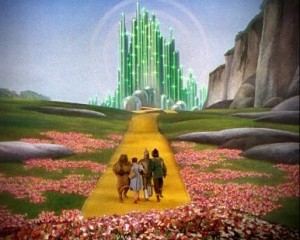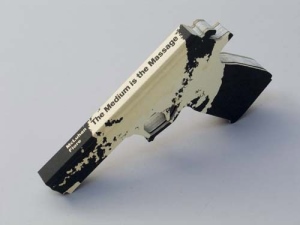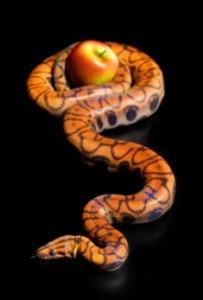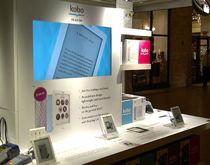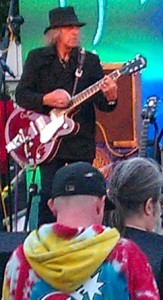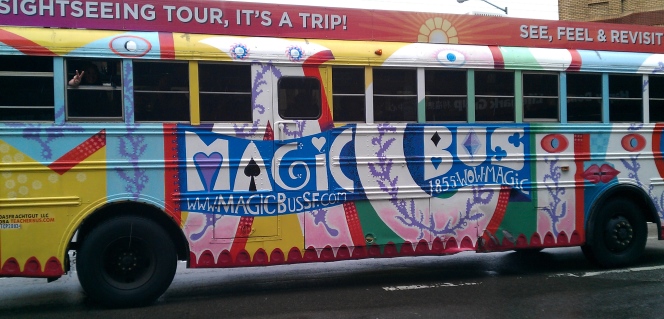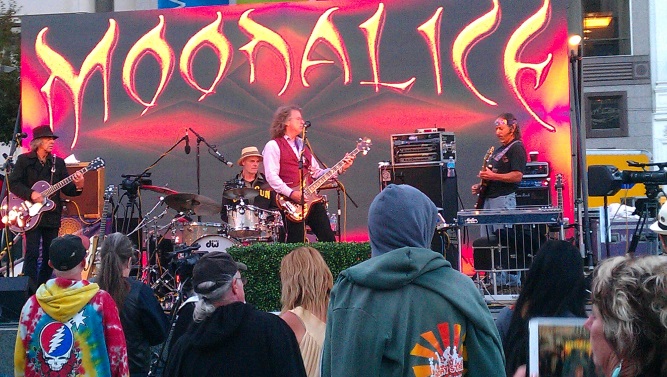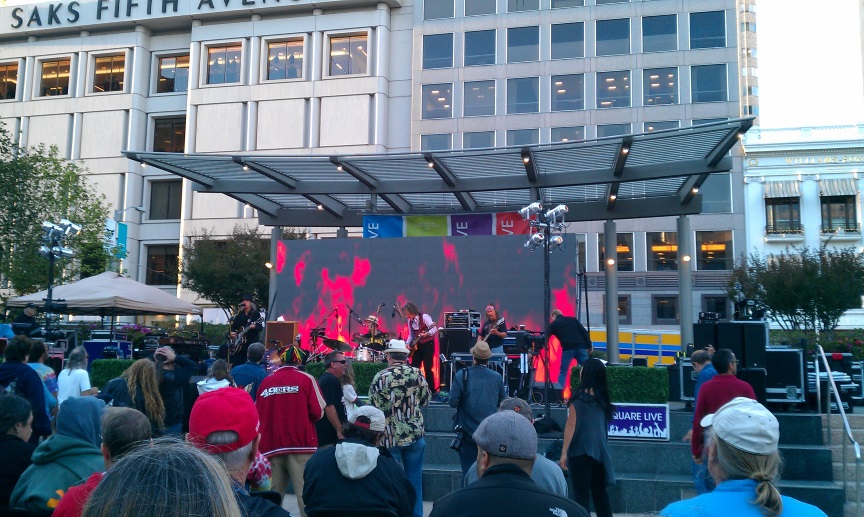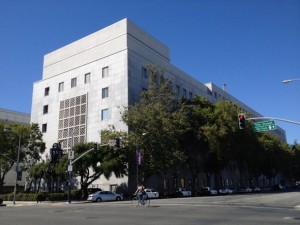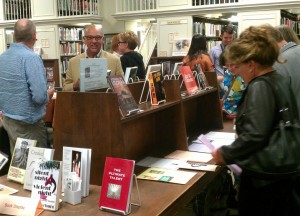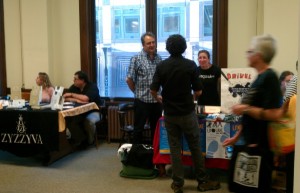 Hear Ye! The October book boom continues, even as November events poise to leap into the Bay Area literary arena.
Hear Ye! The October book boom continues, even as November events poise to leap into the Bay Area literary arena.
If you were hoping to catch Irish writer Colm Toibin’s appearance at the Mechanics’ Institute, too late–it came, it went, it sold out. Here’s the good news: tonight, October 29, A.C.T. opens the latest stage version of Toibin’s novel The Testament of Mary, now titled Testament, starring Seana McKenna as the mother of Jesus.
Also tonight is Martin Amis at the Mechanics’ Institute in conversation with Elizabeth Rosner about his new book The Zone of Interest.
This coming Saturday, November 1, Sisters In Crime (NorCal) partners with Books Inc. at Opera Plaza for its Fall Authors Showcase. Ten SinC members will read from mysteries, thrillers, romantic suspense, et al. they’ve published since June. Stop by Books Inc. at 600 Van Ness from noon to 2 PM on Nov. 1 to enjoy food for thought, food for munching, good company, and intriguing plots.
 Wednesday, November 19 is the Indie Publishers’ Working Group’s gala year-end publishing party and panel discussion at SF’s Mechanics’ Institute Library. Four authors will talk about New Tricks for 21st-Century Readers and Writers, followed by a Q&A and an opportunity to look at and buy books by various MIL members. Come celebrate the group’s fourth and final anniversary with books and ideas, wine and snacks, from 6 to 7:30 PM in the 4th-floor cafe and meeting room, 57 Post St. (near Montgomery station).
Wednesday, November 19 is the Indie Publishers’ Working Group’s gala year-end publishing party and panel discussion at SF’s Mechanics’ Institute Library. Four authors will talk about New Tricks for 21st-Century Readers and Writers, followed by a Q&A and an opportunity to look at and buy books by various MIL members. Come celebrate the group’s fourth and final anniversary with books and ideas, wine and snacks, from 6 to 7:30 PM in the 4th-floor cafe and meeting room, 57 Post St. (near Montgomery station).

